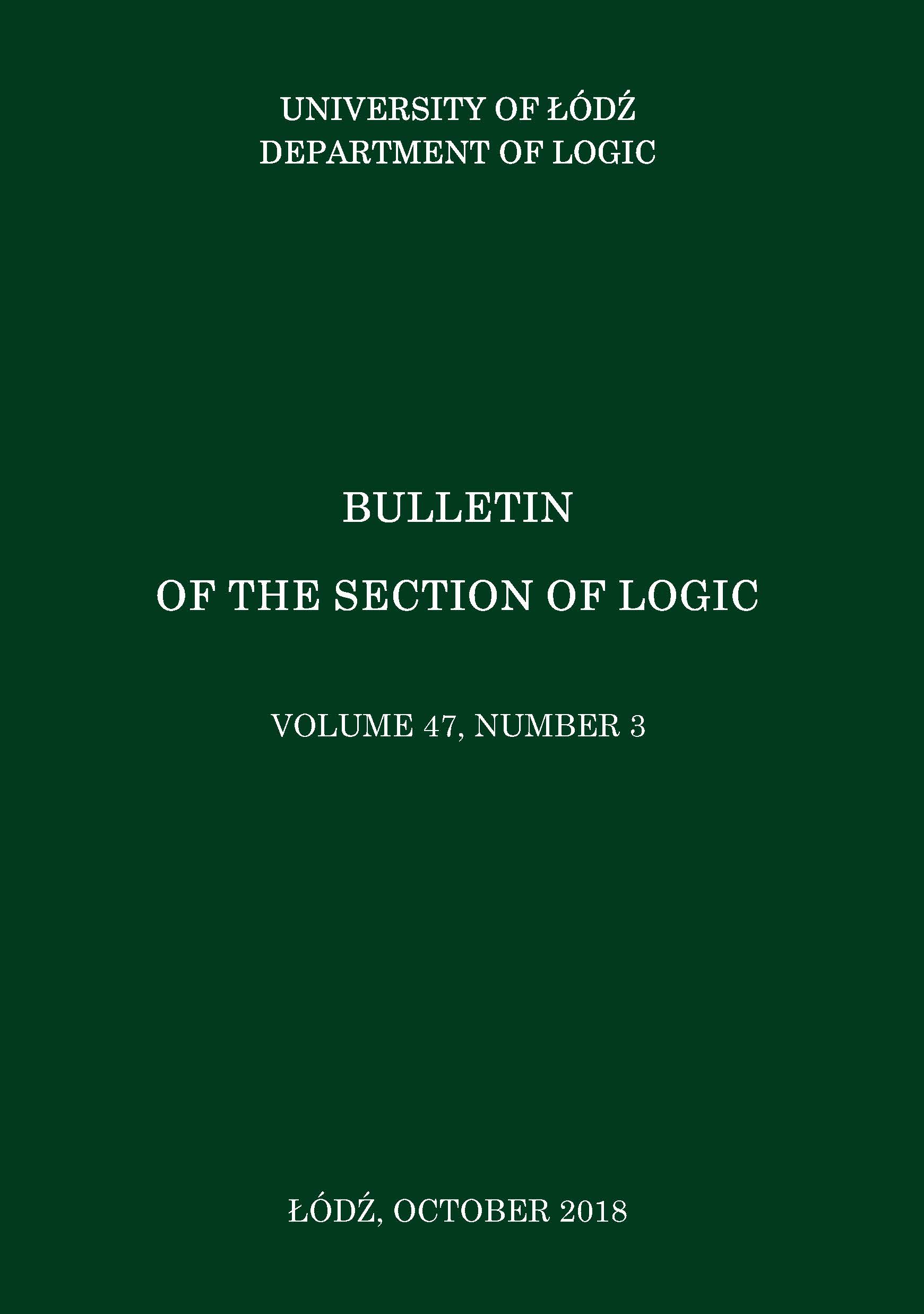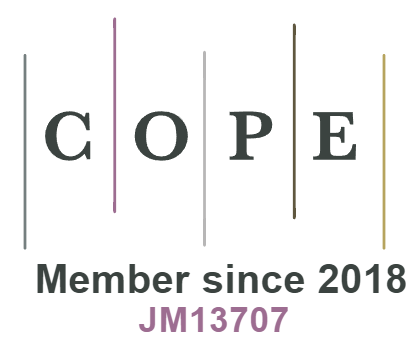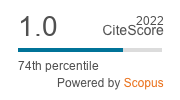A Post-style proof of completeness theorem for symmetric relatedness Logic S
DOI:
https://doi.org/10.18778/0138-0680.47.3.05Keywords:
normal forms, Post-style proof of completeness, relatedness logic, relating logicAbstract
One of the logic defined by Richard Epstein in a context of an analysis of subject matter relationship is Symmetric Relatedness Logic S. In the monograph [2] we can find some open problems concerning relatedness logic, a Post-style completeness theorem for logic S is one of them. Our paper introduces a solution of this metalogical issue.
References
R. L. Epstein, Relatedness and Implication, Philosophical Studies, Vol. 36:2 (1979), pp. 137–173.
Google Scholar
R. L. Epstein, (with the assistance and collaboration of: W. A. Camielli, I. M. L. D’Ottaviano, S. Krajewski, R. D. Maddux), The Semantic Foundtations of Logic. Volume 1: Propositional Logics, Springer Science+Business Media, Dordrecht (1990).
Google Scholar
T. Jarmużek and B. Kaczkowski, On some Logic with a Relation Imposed on Formulae: Tableau System F, Bulletin of the Section of Logic, Vol. 43:1/2 (2014), pp. 53–72.
Google Scholar
S. Krajewski, One or Many Logics? (Epstein’s Set-Assignement Semantics for Logical Calculi), The Journal of Non-Classical Logic 8:1 (1991), pp. 7–33.
Google Scholar
S. Krajewski, On Relatedness Logic of Richard L. Epstein, Bulletin of the Section of Logic, Vol. 11:1/2 (1982), pp. 24–30.
Google Scholar
J. B. Rosser, Logic for Mathematicians, McGraw-Hill, New York (1953).
Google Scholar
D. Walton, Philosophical Basis of Relatedness Logic, Philosophical Studies, Vol. 36:2 (1979), pp. 115–136.
Google Scholar
Downloads
Published
How to Cite
Issue
Section
License
Copyright (c) 2018 Bulletin of the Section of Logic

This work is licensed under a Creative Commons Attribution-NonCommercial-NoDerivatives 4.0 International License.















